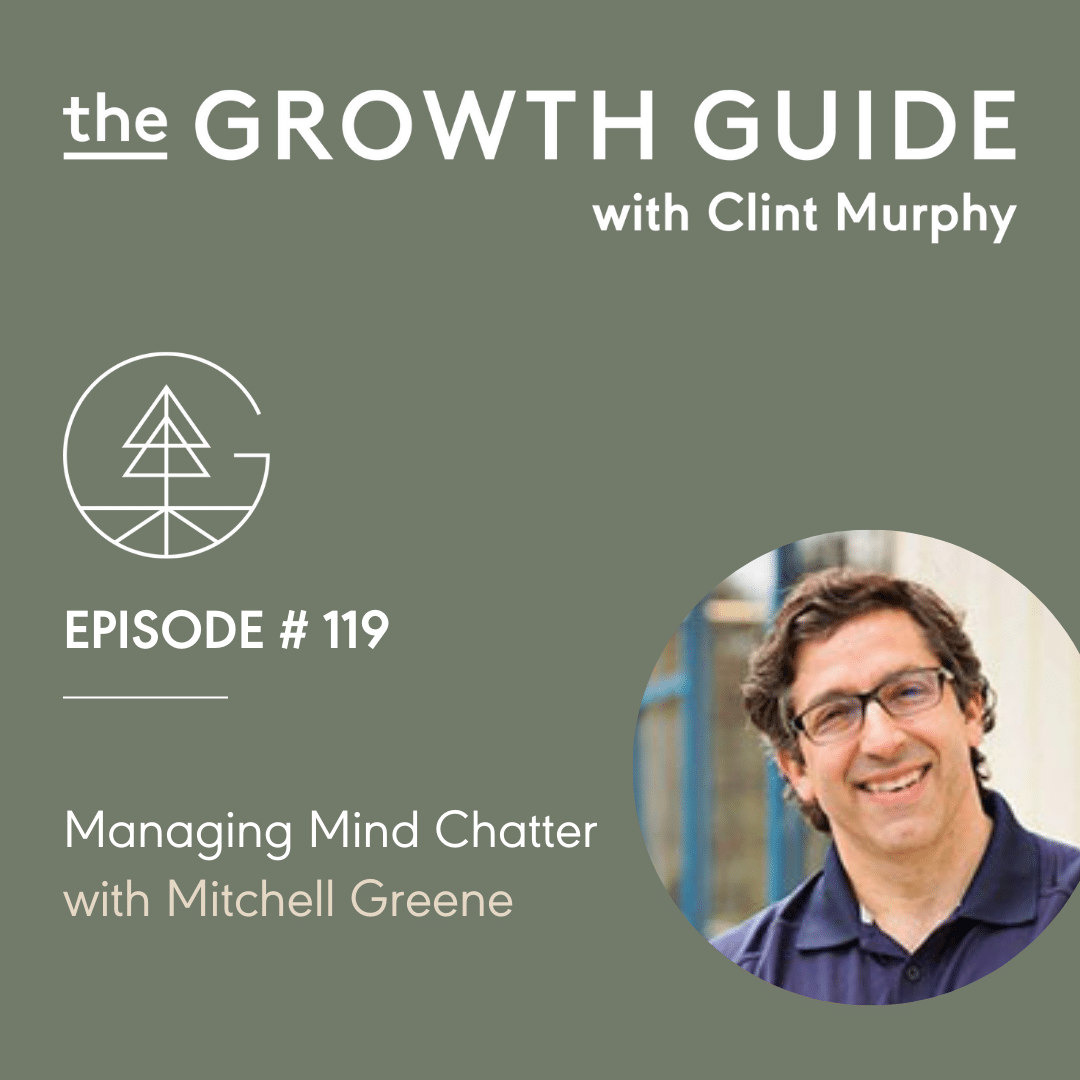About the Episode
In today’s conversation, we are joined by Mitchell Greene, a licensed clinical and sport psychologist, and owner of Greenepsych Clinical & Sport Psychology, a boutique private practice located in the suburbs of Philadelphia. Dr. Greene works primarily with athletes pursuing high performance goals, or coaches and athletic departments looking to educate their student-athletes on mental health and/or performance enhancement strategies.
Mitchell joined us today to talk about his book, ‘Courage over Confidence: Managing Mind Chatter and Winning the Mental Game.’
Mind chatter is when we have conversations with ourselves that are full of doubt, second-guessing, and negative thinking. It typically shows up when the uncertainty and the stakes feel enormous. For athletes, it can occur in a big tournament. The first step in recovering from mind chatter is to expect it to show up. Understanding the context in which it shows up is important because that means you’re aware it’s completely normal and you can control it.
Mitchell challenges the overemphasis on outcomes and the lack of focus on learning and development, sharing stories of sports parents and their unrealistic expectations. We dive into the powerful influence of social media on athletes, the impact of mind chatter on professionals, and the valuable lessons Mitchell has learned from working with athletes and hearing their struggles.
Get ready to explore the concept of “chatter” and how to handle it, as Mitchell shares insights from their book and provides practical tips for athletes, coaches, and anyone facing high-stakes situations.
